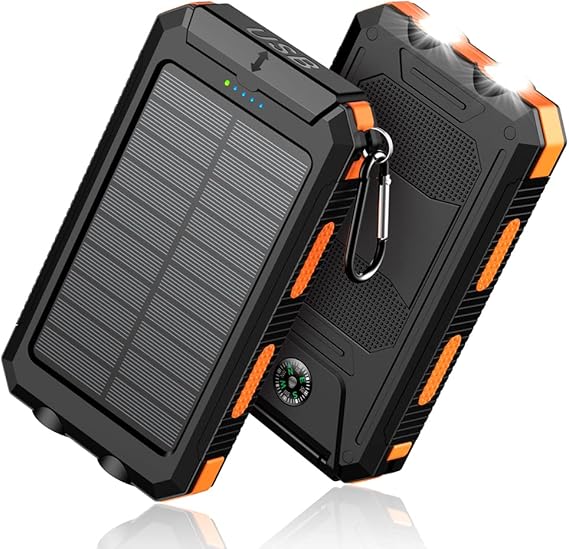
The Tornado Has Come And Gone… Now What?
There’s lots of advice about how to prepare yourself for a tornado. What to do to prepare your property, how to prepare your family, your car, your dog and your goldfish… But what about after the tornado?
What if you did your very best to prepare your home before the tornado, but nothing could stop the force of the storm and you still had to evacuate? What if you had to leave your home for a few hours, a few days, a few weeks, or even a few months? What if your neighborhood ended up demolished by a tornado?
Consider purchasing the following to help keep your family safe during and after a tornado:
9.4
This tape is made with UV resistant materials that block harsh UV rays from weakening the tape adhesive, and can be used both indoors and outdoors on various surfaces such as brick, concrete, shingles, painted and non-painted wood, and vinyl siding.
9.2
The packaged plastic sheet has a wide range of uses in and around the home, garden, and garage. It can be used to cover and protect furniture, appliances, and equipment from dust, dirt, and moisture.
9.2
The Yougfin 38-piece tool set is forged from high hardness steel, providing excellent sturdiness and durability. Coated with a chrome plated finish, it improves glossiness and corrosion resistance, meeting or exceeding ANSI critical standards.
After the Tornado Tips
 Never go back to your home until the local officials have declared the area to be safe.
Never go back to your home until the local officials have declared the area to be safe.- Do not go inside your home if it’s still surrounded by flood water. Flood waters contain dangerous and deadly pathogens and you could end up extremely ill if you try to get past them.
- Do not enter your home if you can smell gas.
- If you enter your home and then catch a smell of gas or hear hissing, open the windows and get out of there quick. It’s possible there’s a gas leak and one spark could set the whole house up in flames.
- Tread carefully. Loose floorboards and slippery tiles can be very hazardous.
- If you are dry, you should turn off the electricity at the fuse box. However, if there’s water near or around it, don’t try it. Have the wiring checked out by a professional when you have the chance as there may be signs of spark damage or frayed and broken wires.
- Check the structure of your home, it could have been damaged depending on the ferocity of the tornado. Check the roof, chimney and foundation for cracks, and if you think there’s a chance of any structural damage, get out of there quick.
- Don’t plug in any electrical appliances which were caught in the flood. If there are any wet ones still plugged in, unplug them immediately.
- Take photographs of the damage for your insurance company and don’t forget to contact your agent. Keep all of your receipts for cleaning, supplies, and repair costs.





